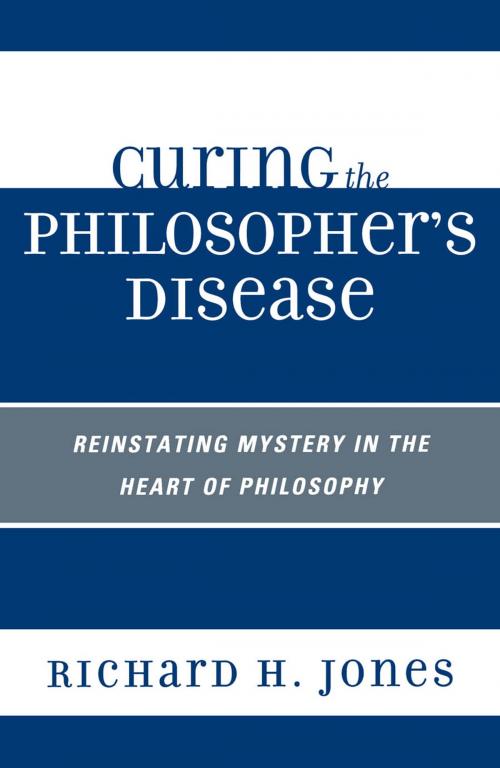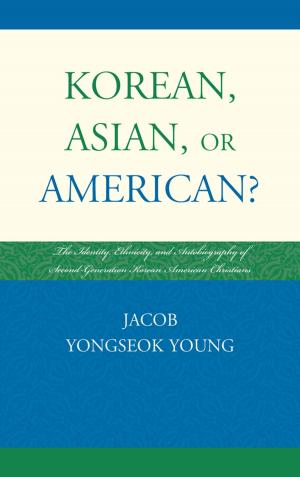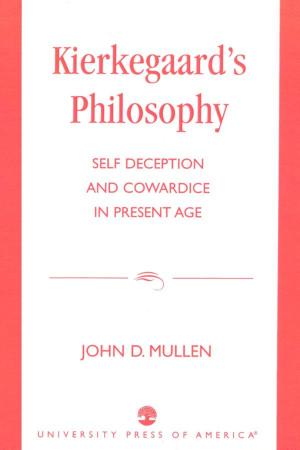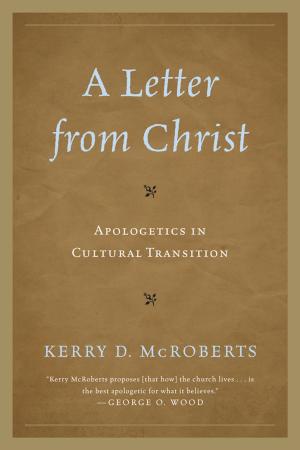Curing the Philosopher's Disease
Reinstating Mystery in the Heart of Philosophy
Nonfiction, Religion & Spirituality, Philosophy| Author: | Richard H. Jones | ISBN: | 9780761848110 |
| Publisher: | UPA | Publication: | September 28, 2009 |
| Imprint: | UPA | Language: | English |
| Author: | Richard H. Jones |
| ISBN: | 9780761848110 |
| Publisher: | UPA |
| Publication: | September 28, 2009 |
| Imprint: | UPA |
| Language: | English |
Curing the Philosopher's Disease is a philosophical examination of the mysteries surrounding the foundations of science, philosophy, and religion. Much of Western philosophy and science is discussed in order to see our epistemological and metaphysical situation. The love/hate relation philosophers have with mystery is explored, as are the contributions of reductionists and antireductionists, postmodern relativists and critical realists, naturalists and the religious, and theologians and mystics. The thrust of the arguments affirms that there are limits to what philosophy, science, religion, and mystical experiences can tell us about reality. By acknowledging that some questions may be unanswerable and understanding the importance of that fact even as the answers remain ambiguous, our true situation in the world is revealed. Mystery should be reinstated as a basic feature when we reflect upon the nature of what we know and who we are. Mystery frames all of our claims to fundamental knowledge, and we must accept that it will remain a permanent fixture. Thus, the importance of mystery needs to be reaffirmed today, during an era when the fullness of reality is often ignored.
Curing the Philosopher's Disease is a philosophical examination of the mysteries surrounding the foundations of science, philosophy, and religion. Much of Western philosophy and science is discussed in order to see our epistemological and metaphysical situation. The love/hate relation philosophers have with mystery is explored, as are the contributions of reductionists and antireductionists, postmodern relativists and critical realists, naturalists and the religious, and theologians and mystics. The thrust of the arguments affirms that there are limits to what philosophy, science, religion, and mystical experiences can tell us about reality. By acknowledging that some questions may be unanswerable and understanding the importance of that fact even as the answers remain ambiguous, our true situation in the world is revealed. Mystery should be reinstated as a basic feature when we reflect upon the nature of what we know and who we are. Mystery frames all of our claims to fundamental knowledge, and we must accept that it will remain a permanent fixture. Thus, the importance of mystery needs to be reaffirmed today, during an era when the fullness of reality is often ignored.















